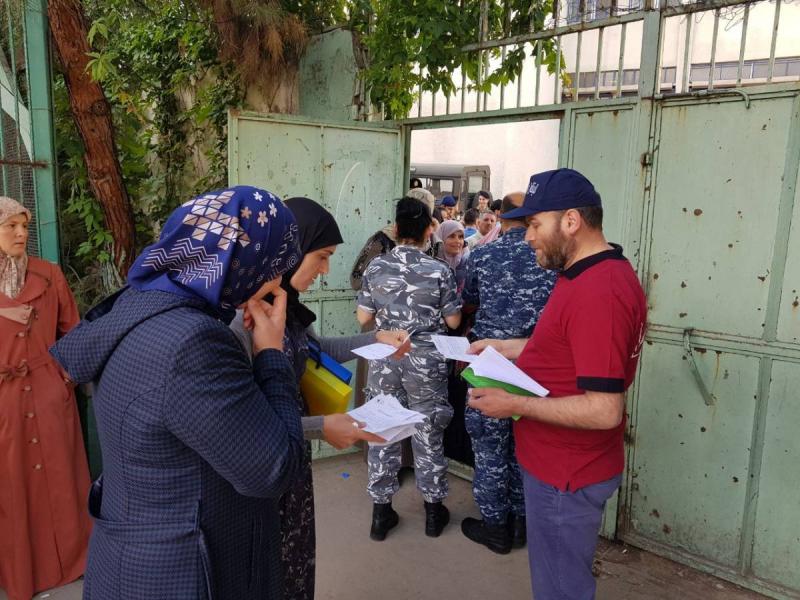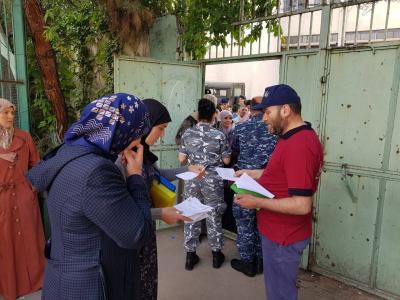There are 42 days until the presidential vacancy in Lebanon, which is experiencing all types of crises, with no signs of hope on the horizon for successfully navigating this electoral challenge soon, especially in a year like 2022 that has only 19 days left. After nine electoral sessions that yielded no results, the tenth session is scheduled for next Thursday, which President Nabih Berri has suggested could be transformed into a dialogue session among the heads of parliamentary blocs. The Speaker of the Council is expected to receive responses from the bloc leaders regarding this dialogue proposal in the coming hours. Based on whether the responses are negative or largely positive, he will either issue a new invitation to elect a president or announce that the tenth session will be a consultation and discussion among the heads of the parliamentary blocs regarding the state of the presidential challenge after nine unsuccessful attempts to elect a president.
In any case, presidential elections in Lebanon have always awaited an external signal through regional and specifically Arab consensus, referred to as "inspiration," which the MPs convert into votes for the future president. Therefore, external interventions in the presidential elections have existed since the election of Lebanon's first president in 1926 during the French mandate. Today, there is an intensification of movements, positions, statements, and international calls to accomplish this electoral challenge, but it seems that the decisive "keyword" has not been issued yet.
**An Imminent Democratic Challenge**
While waiting, many issues are overwhelming the country and its people, from economic, financial, and living concerns to health and infrastructure challenges, culminating in an imminent democratic challenge: the municipal and elective elections, which were postponed in 2022 for one year, specifically to 2023, due to their association with the parliamentary elections at that time.
The election of 128 deputies required postponing the municipal and elective elections, with the number of candidates reaching 1,043 at the closing of nominations, including 155 women. How will the situation be for the municipal elections when there are 1,055 municipalities in Lebanon, comprising about 12,474 members? These municipal councils include about 944 active councils, many of which are suffering from paralysis and disruption. Approximately 84 dissolved municipal councils are managed by the qaimmaqam or governor. Additionally, there are around 27 newly created municipal councils following the 2016 municipal elections that have never been elected and are overseen by the qaimmaqam or governor, a number that may have slightly increased since this electoral challenge was postponed less than a year ago.
In any case, it is expected that in the remaining days of this month (December), the Minister of Interior and Municipalities will issue a call for voters to elect the municipal and elective councils whose extended terms will end in May 2023. It is worth mentioning that the call for voters for the 2022 parliamentary council, which was elected on May 15, was published in the official journal on December 29, 2021. Will we witness the voter call in the coming days to fulfill their duty of electing municipal councils, mayors, and elective councils?
It should be noted that the Municipalities Law determines the number of municipal council members based on the number of registered residents, not the number of resident citizens, as follows:
- Nine members for municipalities with fewer than 2,000 registered residents.
- Twelve members for municipalities with registered residents between 2,001 and 4,000.
- Fifteen members for municipalities with registered residents between 4,001 and 12,000.
- Eighteen members for municipalities with registered residents between 12,001 and 24,000.
- Twenty-four members for the municipalities of Beirut and Tripoli.
- Twenty-one members for municipalities with more than 24,000 registered residents, except for Beirut and Tripoli, which each have 24 members.




